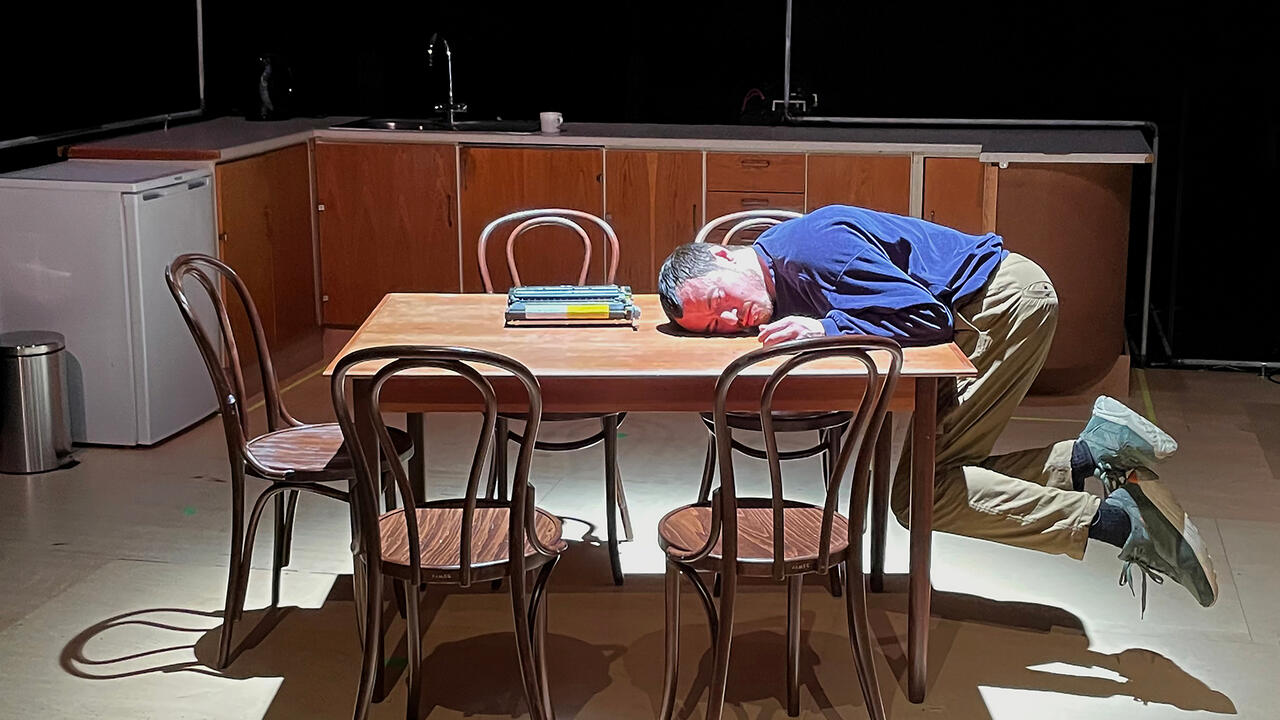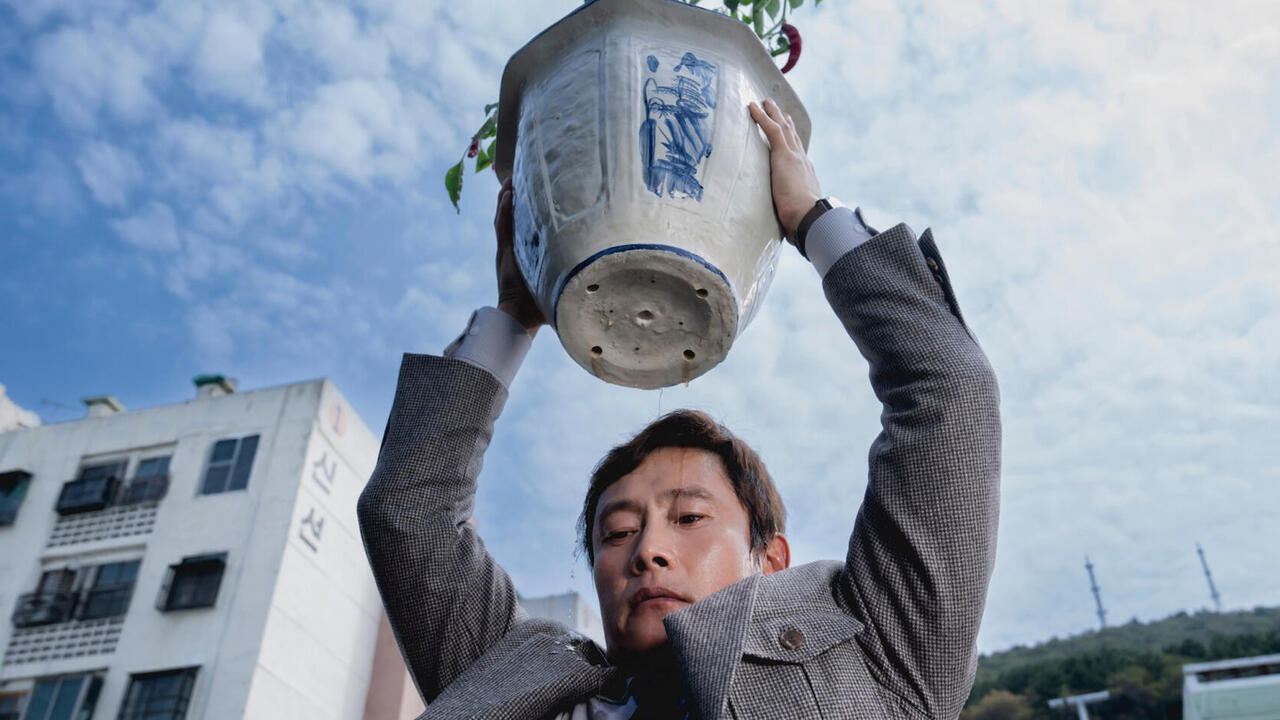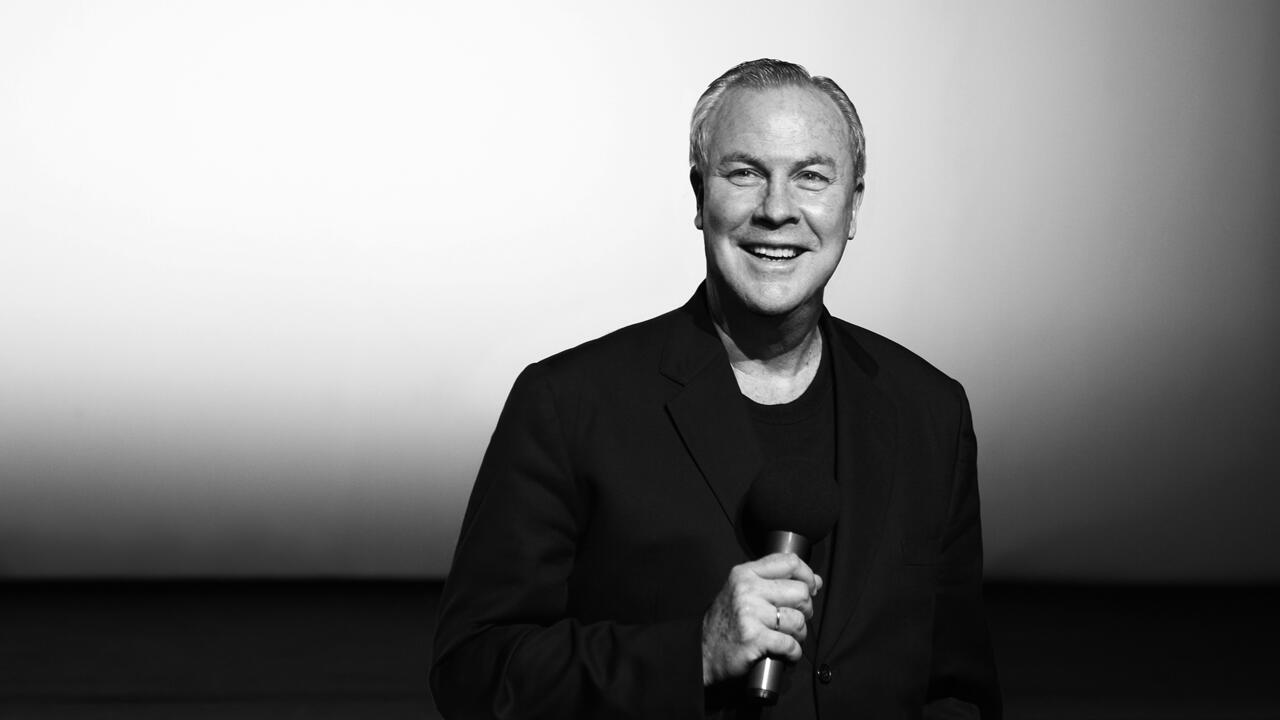Family Harmony and Discord in ‘The Hills of California’
Jez Butterworth’s mesmerizing new play – directed by Sam Mendes – explores the complexities of sisterhood and the echoes of the past in a Blackpool guesthouse
Jez Butterworth’s mesmerizing new play – directed by Sam Mendes – explores the complexities of sisterhood and the echoes of the past in a Blackpool guesthouse

‘The acoustics in here is dire’, observes a character in Jez Butterworth’s mesmerizing new play The Hills of California. The line belongs to Veronica Webb (played by the unforgettable Laura Donnelly), the proprietress of a Victorian establishment in the seaside resort town of Blackpool. The property goes by the name the Seaview Luxury Guesthouse and Spa, though it offers no view of the sea. What it does offer are cartilage-thin walls, several M.C. Escher-esque staircases zigzagging in all directions and rooms incongruously named after US states.

Over the years, the place will undergo many changes of identity – going by the Seaview Guesthouse, the Seaview Luxury Guesthouse and the Seaview at various points – just like its primary inhabitants, who have only ever known it as home. In 1955, when Veronica Webb is in her prime and the building is in its multisyllabic pinnacle, it provides quarters for drunkards, couples looking to have trysts and other unscrupulous characters – as well as Veronica’s four young daughters. Her greatest ambition is for her girls to become as famous as the Andrews Sisters: she drills them on close harmony so they seem like mini replicas of the popular boogie-woogie singers.
The play opens more than twenty years later, in 1976. England is in the midst of a drought and three of the Webb sisters have congregated in the public parlour of Seaview to discuss the progression of their mother’s illness. Their cancer-riddled matriarch is an unseen presence, though at intervals we hear a muffled wail or curse from an upstairs room. Jillian (Helena Wilson), a jolie laide spinster in her early 30s, has effectively put her life on hold to become her mother’s primary caregiver. She’s soon joined by the quick-tempered Gloria (Leanne Best), dragging a husband and two young children along, and the sweet-natured Ruby (Ophelia Lovibond), also now a married mother. The eldest daughter, Joan – their mother’s favourite, according to Jillian – has seemingly been delayed on her flight from California. Gloria, who clearly holds a grudge against her older sister, considers Joan persona non grata and is willing to bet that she will not bother to show up – after all, this is the same sister who left Blackpool at 15 with a music producer and never returned home once to visit their mother. The question immediately confronting the sisters is whether they should ask a doctor to increase the morphine dose, thus easing their mother’s passage to heaven – or hell. Jillian persuades her sisters to wait for Joan to show up before making the decision.

The second act of the play jumps back in time to 1955, where we see a domineering Veronica ordering boarders about, making supper and supervising the musical education of her daughters. She is exquisitely attuned to the movement of other people in her smoke-free establishment, which she runs like a tight ship. When she says to a pair of new guests, ‘I’m part bloodhound’, we readily believe her. For the flashback scenes, the set makes a 180 degree turn to reveal the kitchen of the guesthouse. Lamps are draped with cloth, to cast a warmer glow, and there’s just enough space for an upright piano in the corner. The younger incarnations of the sisters are a revelation: they quickly establish their playful, bickering dynamic and we can hazily make out the lineaments of the women they eventually become. We see, for instance, how the young Gloria – chastised by her mother for singing flatly as well as eating too many chips – turned into a fury in her 30s, bullying her husband and children just as she once was. The most interesting transformation, though, happens to Joan, who shows the most promise as a singer. She’s also the trellis around which her sisters grow. To young Ruby, Gloria and Jillian, she is effortlessly hip, fearless (she dares to smoke a contraband cigarette in the kitchen) and someone to emulate.

A lariat of worry tightens around the play and its audience when an American music producer and talent scout named Luther St. John (David Wilson Barnes) shows up one day to hear the girls sing. By way of apologetic introduction, Veronica hazards the line about the ‘dire’ acoustics of the place – a line that Luther devastatingly repeats in a pivotal scene that will change the course of the Webb family’s lives. Under Sam Mendes’s delicate direction, the life-altering event happens offstage, but we can easily imagine what happens. For a post-MeToo audience, alarms go off as soon as Luther nonchalantly asks to hear Joan sing in private. Veronica initially intervenes, suggesting that she accompany him upstairs to ‘discuss’ Joan’s prospects. Luther rebuffs her by saying she is ‘not the talent here.’ The look on Veronica’s face when she acquiesces is heartbreaking: a Greek tragedy’s worth of emotions flits across her visage as she watches Joan leading Luther up the stairs to ‘Mississippi’. As soon as her daughter is out of sight, Veronica unleashes an uncharacteristically furious speech at Joe Fogg (Richard Lumsden), a hapless boarder who has accompanied the girls several times on piano. She castigates him for showing up late, ‘reeking of booze’, and fires him on the spot out of misplaced rage.
The Broadway incarnation of the show has reportedly been greatly revised since the play premiered earlier this year in London. I found the U.S. version to be one of the more memorable plays I’ve seen this year. Unlike some other critics who have dismissed the drama as a derivative patchwork of overly familiar themes, I found the performances fresh and nuanced. It’s no spoiler to reveal that when the older version of Joan finally does show up (also played by the chameleonic Donnelly), it’s to the Rolling Stones’ ‘Gimme Shelter’ (1969), emanating from a newly revived jukebox in the public parlour. Like so much else in the room, the jukebox seems like an objective correlative for one of the Webb sisters. Without quite saying exactly what happened between her and Luther, the prodigal daughter suggests that the truth is more complicated than what Gloria or even Veronica have believed for years. This lack of resolution may be emotionally unsatisfying, but narratively, it feels both true and good.
The Hills of California is playing at the Broadhurst Theatre, New York, until 22 December
Main image: The Hills of California, 2024, production still. Left to right: Nancy Allsop (Young Gloria), Nicola Turner (Young Jill), Sophia Ally (Young Ruby), and Lara McDonnell (Young Joan). Courtesy: the Broadhurst Theatre, New York; photography: Joan Marcus
























